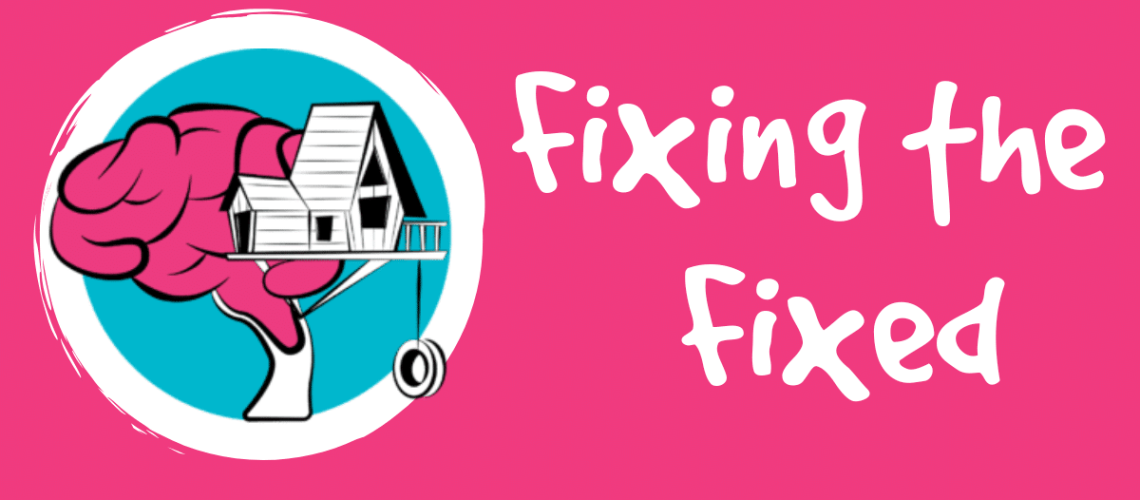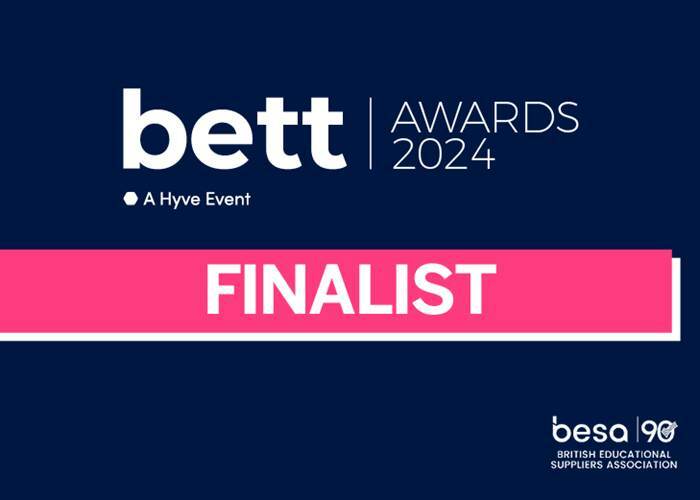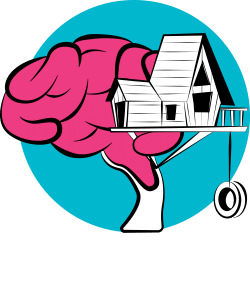Follow this module S3 / Y9 lesson through, to see how a Treehouse module works in real life. The key themes covered are Resilience, Mindset and Persistence. It is made up of the typical sections including Watch, Read, Do, Reflect.
READ (it’s up to you…read individually, read aloud, read to one-another, one person read)
“In a fixed mindset, people believe their basic qualities, like their intelligence or talent, are simply fixed traits. They spend their time documenting their intelligence or talent instead of developing them. They also believe that talent alone creates success—without effort.”
Carol Dweck
There will always come a point at which we need to shift from natural talent to hard work and effort. For many, this actually becomes the point of giving up. They begin to believe they can’t or they won’t achieve in life. This lesson discusses how we can push through beyond the Fixed Mindset.
WATCH the following short video (share with the class on screen). 2 minutes total
READ (it’s up to you…read individually, read aloud, read to one-another, one person read)
Stuart’s experience from his youth to his teenage years is certainly not unique. It can be very easy to fall into this Fixed Mindset where we no longer tackle challenges the way we once did, we’re quick to give up, we get jealous of others doing well.
Partly, this boils down to our ‘self-talk’ i.e. how we speak to ourselves. Telling ourselves we’re “stupid” when we fail, labelling difficult tasks “impossible” or making excuses when we fall short, these are all behaviours that prevent us from moving forward.
A way to look at this is to compare how we speak to ourselves compared to how we would speak to our friends. There’s language we use in our own heads that is so incredibly harsh that we would never consider saying these things to someone else, and if we did we would run out of people willing to listen to us.
So why do we accept this as an appropriate way to talk to ourselves?
DO (have the class undertake the following short activity individually, as a small group or a whole class)
Read each of the following statements and decide whether you mostly agree or disagree with it:
- Your intelligence is something very basic about you that you can’t change very much.
- You can learn new things, but you can’t really change how intelligent you are.
- No matter how much intelligence you have, you can always change it quite a bit.
- You can always substantially change how intelligent you are.
Questions 1 and 2 reflect a fixed-mindset. Questions 3 and 4 point to a growth mindset.
WATCH the following short video (share with the class on screen). 1.5 minutes total
REFLECT (conclude the lesson and encourage learning to continue within or outside the classroom)
We hope this lesson has given you some food for thought and we encourage you to take a few minutes to think about the key learning takeaways for you and how you can use this to best shape your own thinking.
At Tree of Knowledge we’re big fans of keeping the conversation going so here’s a Treehouse ‘Dinner Table Discussion’ for you to have later on at home!…
Would you rather live in the ocean or on the moon?




